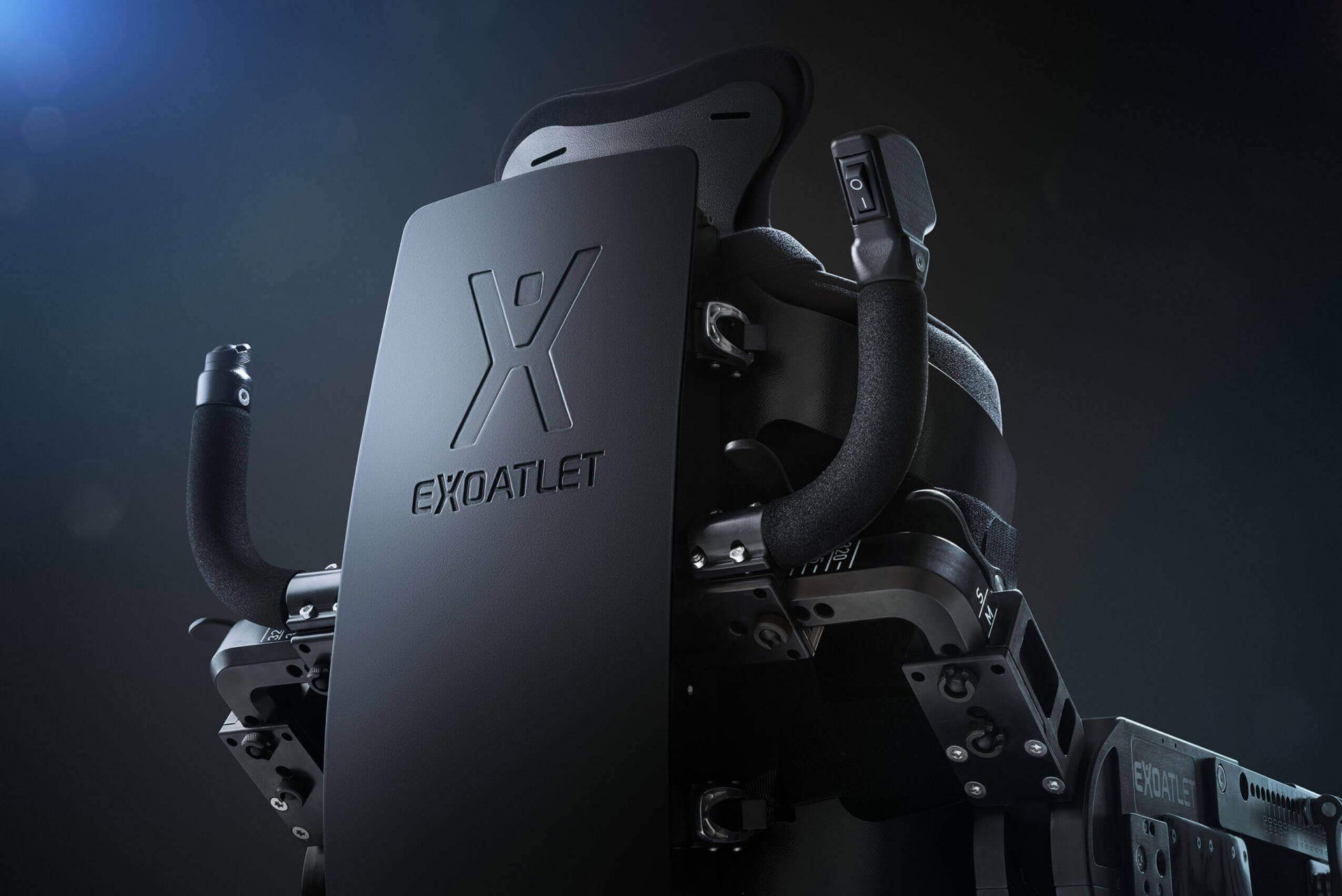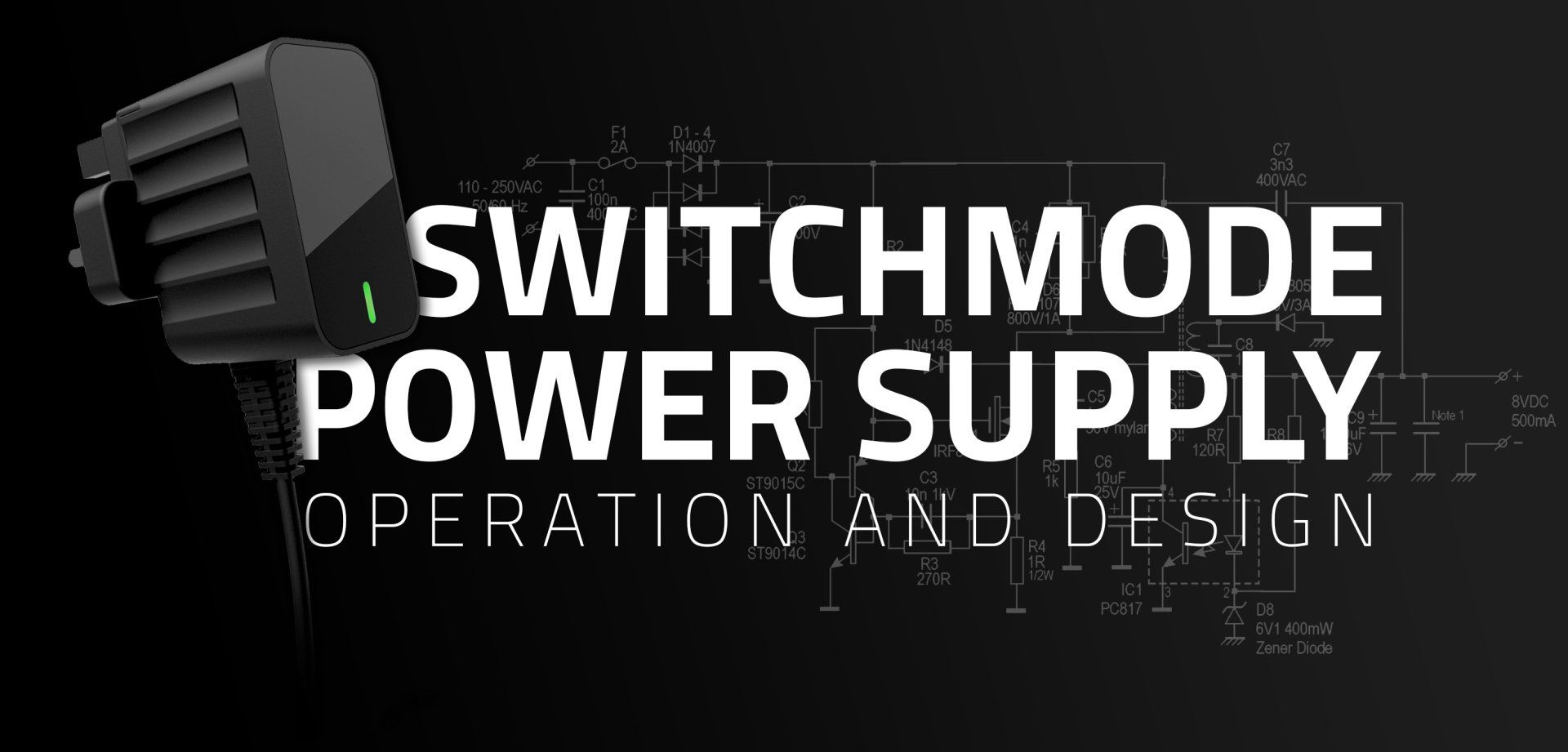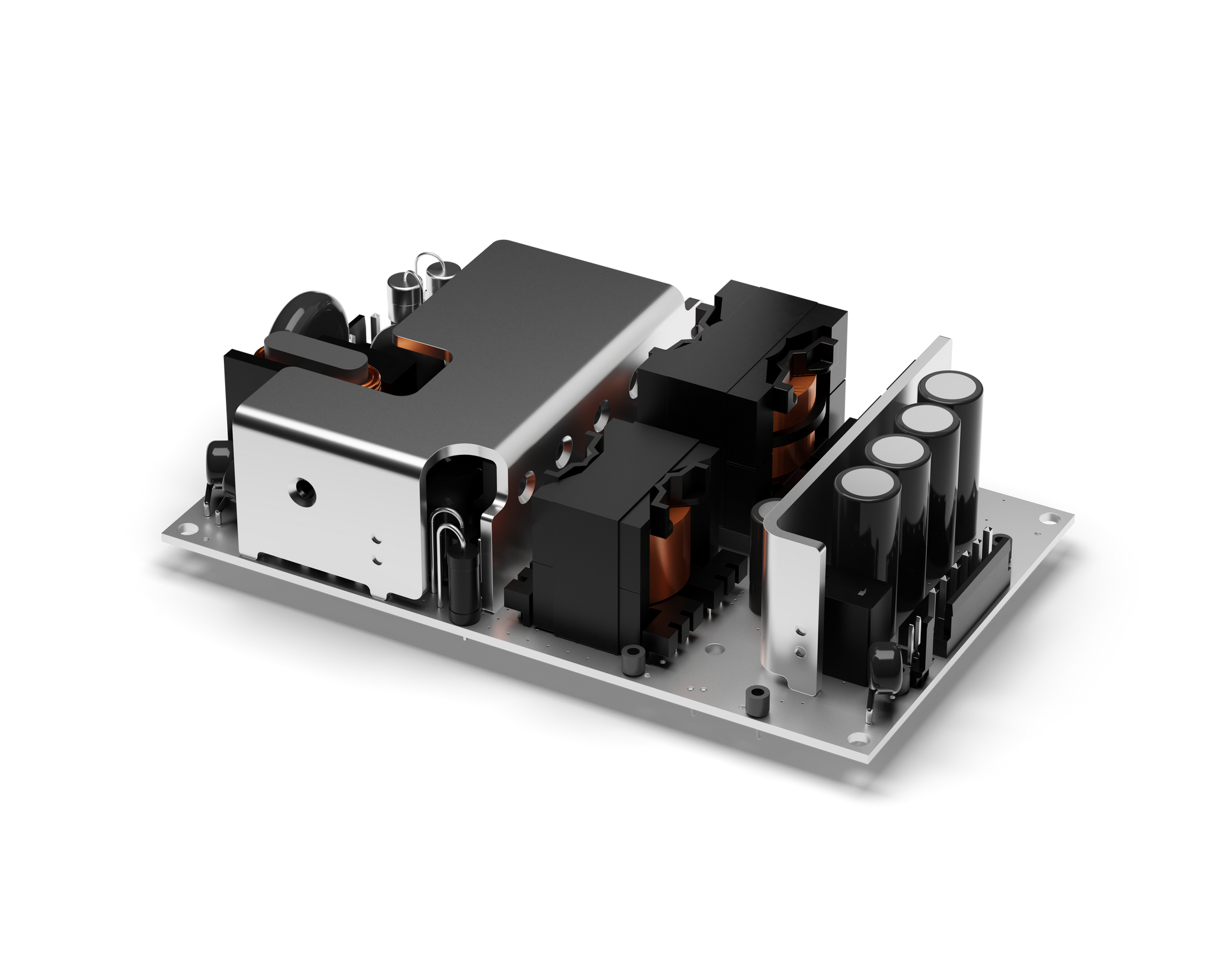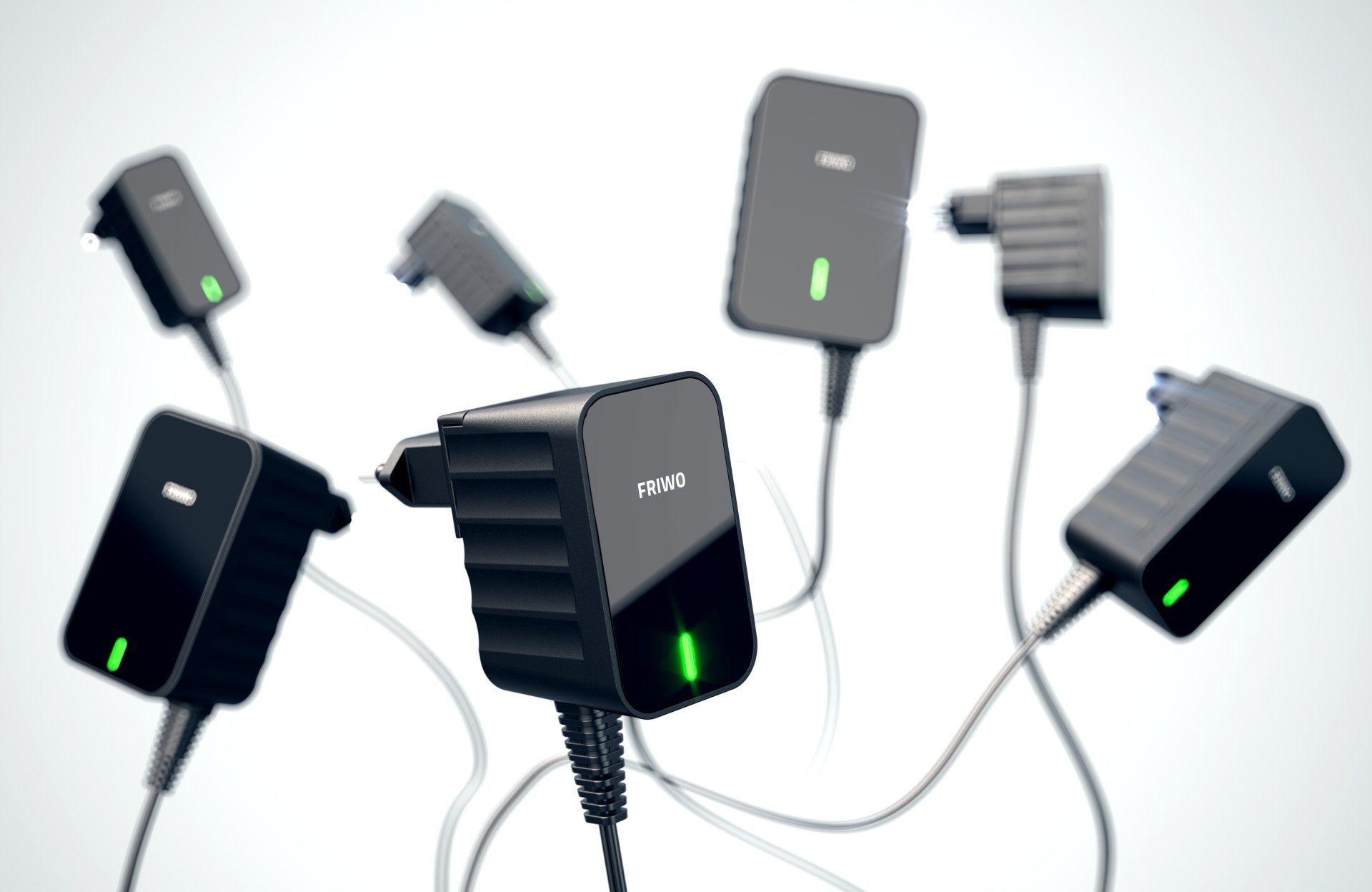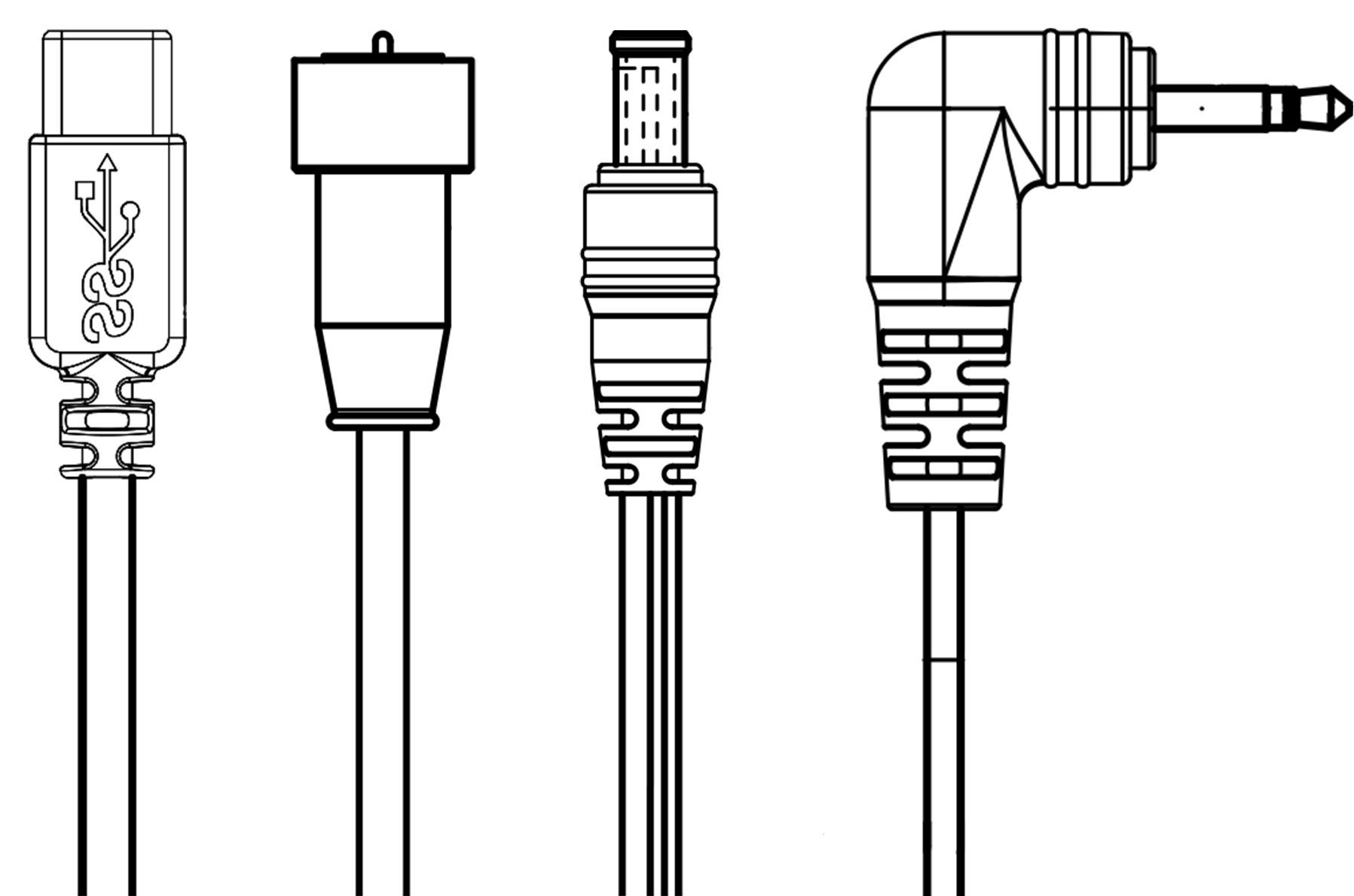Why Electric, Why Now?
2020. What a year!
It might seem all doom and gloom right now, but the revolution is here!
The electric vehicle revolution that is. So, the real question is why electric vehicles and why now?
The Background
In a best effort to reduce our carbon footprint within the UK we are aiming to ban the sale and production of diesel, petrol, hybrid, and plug-in hybrid cars. Due to this, consumers will only be able to buy vehicles that run on electricity or hydrogen.
Just under 1/3 of our carbon emissions in the UK come from transport, whether that be personal or public. By removing the public’s access to cars that can produce emissions the government can control the public transport and how energy efficient that is.
The Law
Since 2009 the previous government started to get the wheels turning on electric vehicles becoming the norm. However, the real impact came from the announcement of a legal ban on all non-electric or hydrogen cars being created from 2035, which had been moved forward from 2040. This does not mean you will have to get rid of your petrol car, but it does mean that any car you wish to purchase from this point will be electric or hydrogen.
In 2018, the government produced a ‘Road to Zero strategy’, this outlined reducing our carbon footprint through different ambitions not regulations. The government invested nearly £1.5 billion in grants to create more charging points and to incentivise people to buy electric vehicles. The government has been stricter with its ambition to end all sales of petrol and diesel by 2045 but there are still a lot of questions consumers have about electric vehicles so let us break down a few.
The Cost
Will going electric save me money? The one thing everyone wants to know!
Electric vehicles are often an investment at the start, but do you save money without having to refuel the same way you would with a petrol car? At the minute electric vehicles cost more than their petrol counterparts to buy initially, because the battery technology is still developing and new. The development of the battery technology is on the rise and has grown in the past few years so we can see where it is going to be by the time 2035 rolls around.
Depending on the electric vehicle the cost for running it differs, some owners pay a large amount on purchase however they can access certain charging points for free!
Other charging points found at standard petrol stations can charge 23/24p per kilowatt-hour, so there’s some maths to be done on how long charging takes. The average electric vehicle takes 8 hours to go from empty to full, so you are looking at £8.40 for a full charge which offers 200 miles of range on the average electric car. However, prices and millage range varies from location to vehicle model.
So right now you may find that electric options are more expensive than a petrol option however the average charge cost over a period of time does save you money!
The Pro's
Now we will look at the pros of electric vehicles and why it’s the smart and eco-friendly choice:
- Zero/low emissions: The simple fact is an electric vehicle produces no emissions from its exhausts.
- Fuel savings: The average price of petrol in comparison to charging a vehicle means that you could be saving almost £1000 a year by going eco now.
- Maintenance Savings: Electric vehicles require less attention to servicing; they don’t require oil changes or the moving parts of an engine.
- Tax savings: Currently electric cars are tax free which is another monetary saving.
- No noise: Electric vehicles are eerily quiet no loud engine sounds just peace and quiet.
- Acceleration: Due to the lack of engines and other mechanical items the power goes straight to the wheels. Don’t believe us? Come and see our electric go-kart in action!
The Con's
As we are fair people, we will also look at the cons for having an electric vehicle:
- Access to charging points: Currently there are not masses of charging points around the UK, however the government’s road to zero strategy is working on funding more charging points.
- Charging time: It is true filling up a vehicle with petrol is a lot quicker than waiting for it to charge. Full charge time from a completely empty vehicle can take upwards from 8 hours.
- Purchase price: Buying electric costs more initially, so you need to crunch the numbers and decide is it worth the investment.
- Driving fun: With no engine and no sound some petrol heads may hate the electric alternative.
The Future?
Well the future is electric, and it is time to face that fact! Petrol and diesel will soon be a fossil themselves, so getting with the times and fast is a good idea. Being prepared to adapt to the new electric future will only benefit you in the long run.
For us, our seeing our Electric Power Train was like seeing the hoverboards in Back to the Future. We could not believe how fast it runs and how amazing it is for the future of electric vehicles whether its vespas or a fleet of go-karts we believe and know that electric is the way forward!
CONTACT US
